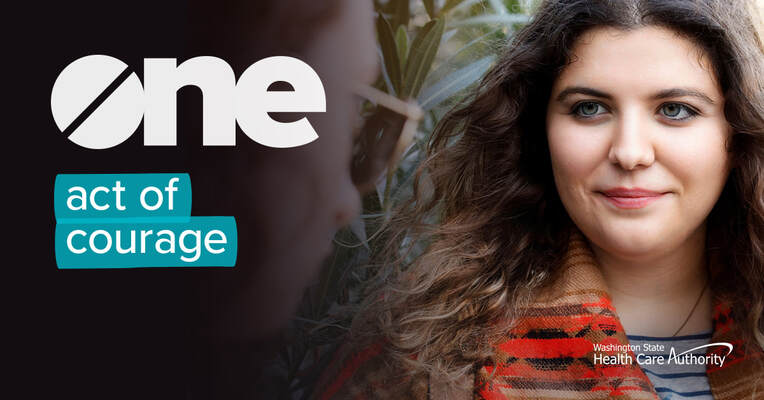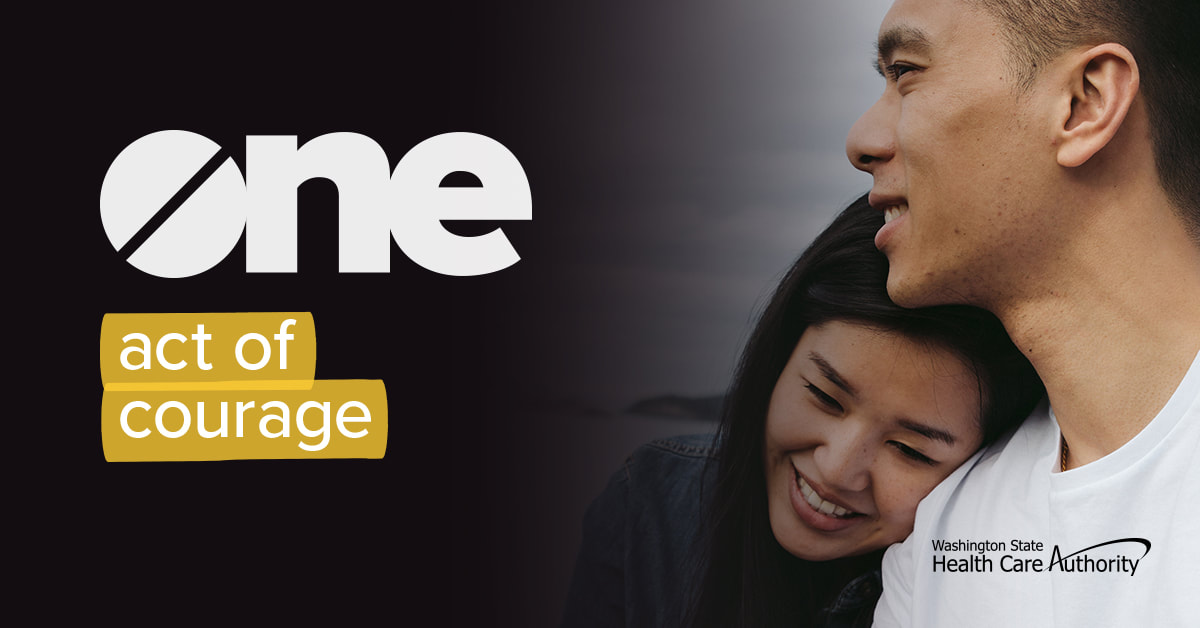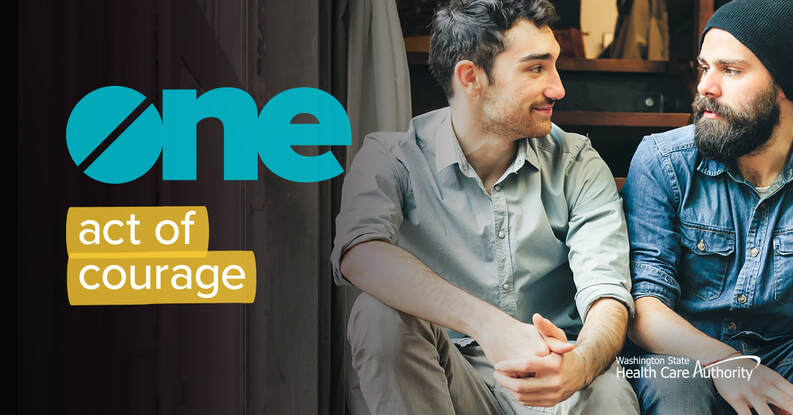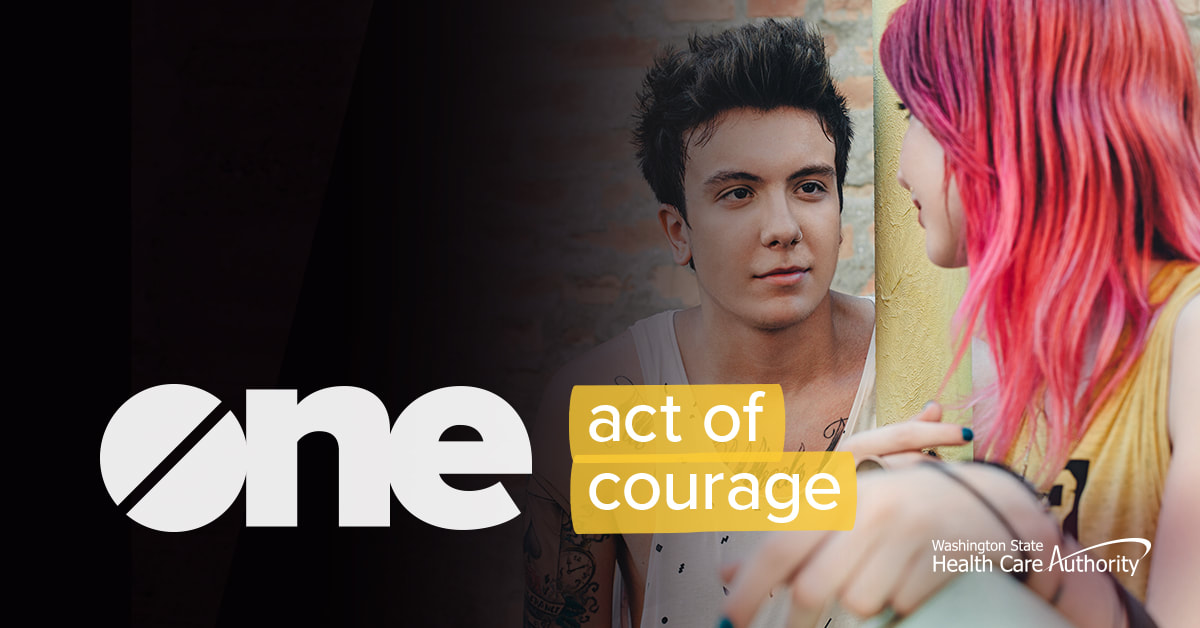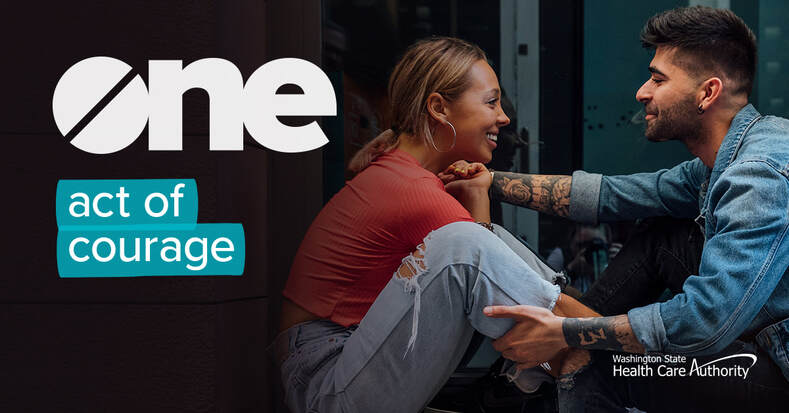Talking to your friend about the dangers of opioid misuse can be awkward...
but it can also be one of the most important things you can do for them. We have shared some tips on how to best broach this topic with your friend - and why it matters
It all starts with one act of courage
Do more talking than listening
It might seem daunting to start a conversation with a friend. Whether it is bringing up the dangers of opioids or to check in on someone you are concerned may be struggling with opioid use. But once the conversation starts, the most effective thing you can do is listen.
Allow your friend to share their experience and try to understand their perspective. It can be so tempting to hear what you want to hear: that your friend is ok. Listen both to what your friend is saying and also to what they are not saying. Avoid offering advice or trying to solve your friend’s problem if they have one, and instead just be there to hear them out. At the end of the day, we all want to be truly heard and understood.
Allow your friend to share their experience and try to understand their perspective. It can be so tempting to hear what you want to hear: that your friend is ok. Listen both to what your friend is saying and also to what they are not saying. Avoid offering advice or trying to solve your friend’s problem if they have one, and instead just be there to hear them out. At the end of the day, we all want to be truly heard and understood.
How to start the conversation
Conversations about the risks and dangers associated with opioids are good to have, even if you are not particularly concerned about a friend. Simply sharing the facts can help your friends to make smart, informed decisions down the road. A great way to start a conversation is to approach it in a casual way. Perhaps you could use a news story or recent event as a path into the conversation Keep it light- it doesn’t have to be a therapy session or an emotionally loaded topic, but rather part of a conversation you could have anytime with your friend.
Make yourself available when friends need to talk
It's always good to remind your friends that you are there for them and can make time to talk. They may not take you up on it often, but chances are one (or several) days(s) will come when they need you to listen, give advice or be a shoulder to lean on.
Tell them that you are there for them if they ever need it. And when they take you up on it, give them your undivided attention. Take time to remove as many distractions as you can and make the conversation the most important thing going on.
Tell them that you are there for them if they ever need it. And when they take you up on it, give them your undivided attention. Take time to remove as many distractions as you can and make the conversation the most important thing going on.
Offer support. Not judgement.
It is so easy to have an immediate and emotional reaction to something a friend says they are struggling with. You care about them! But as much as you can, take a pause before responding to think how you can react with compassion. Instead of reacting, think of a question you could ask them: about their experience, their feelings, their support network. How you listen and respond to your friend goes a long way in establishing trust and the chance that they will feel comfortable opening up to you in the future. Use these moments as an opportunity to remind them how much you support them and why you are glad they are your friend.

